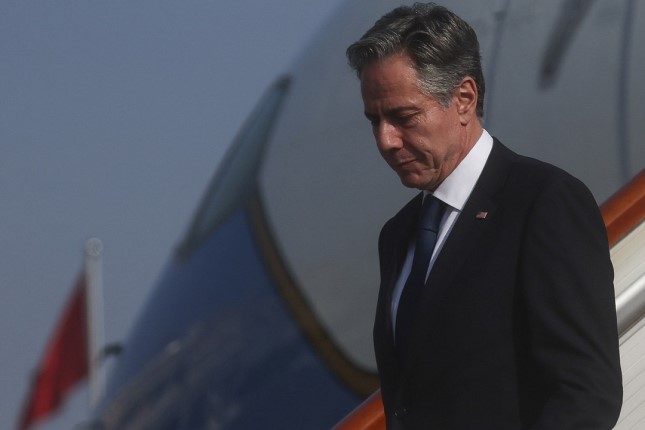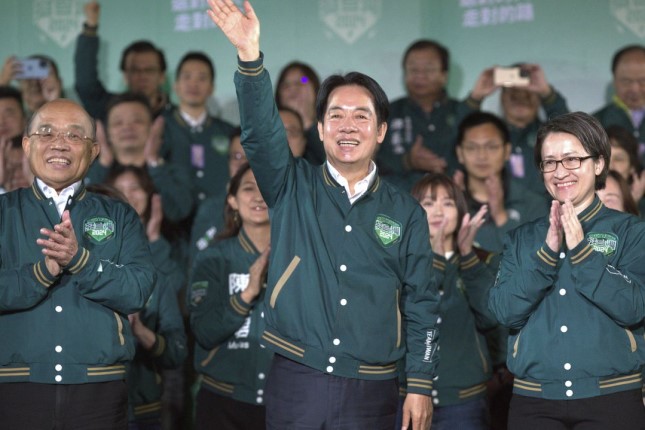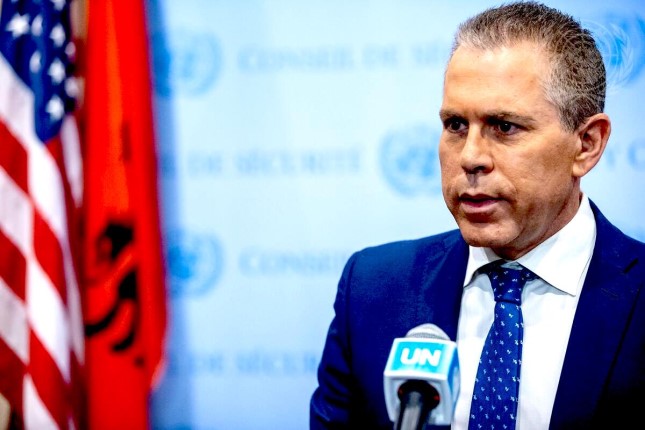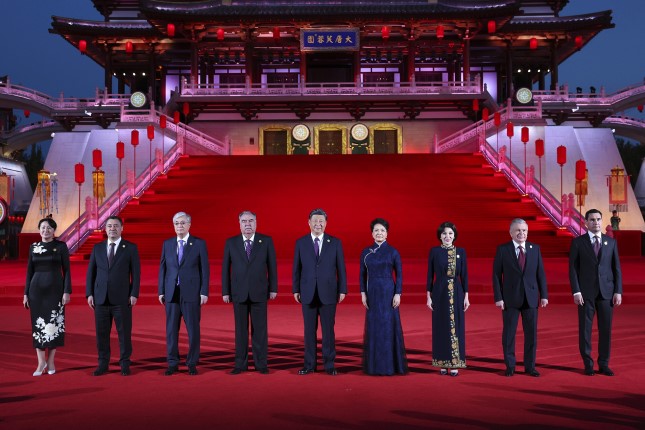In an address on Monday as Blinken wrapped up his visit to China, he reiterated the US' one-China policy, which he said was guided by the Taiwan Relations Act, the three Joint Communiqués, and the Six Assurances. While Blinken said "We do not support 'Taiwan independence,'" he also said "We remain opposed to any unilateral changes to the status quo by either side. We continue to expect the peaceful resolution of cross-Strait differences."
Yang said that the Taiwan question has always been the most important issue in China-US relations. The US has made a clear commitment on one-China by acknowledging there is but one China in the world, Taiwan is an inalienable part of China's territory, and the Government of the People's Republic of China is the sole legal government representing the whole of China.
"These commitments are clearly reflected in the three China-US Joint Communiqués, which also means that the US recognizes the real status quo in the Taiwan Straits, that is, there is only one China in the world, and both sides of the Taiwan Straits belong to one China. The US calls it the 'one-China policy,'" said Yang.
However, the US has unilaterally attached the Taiwan Relations Act and the Six Assurances to its one-China policy, Yang pointed out, adding that these are not consensus reached by both China and the US and are opposed and not recognized by the Chinese side.
"The US' characterization of the peaceful resolution of the Taiwan question as the core content of its one-China policy is a tampering of its political commitment," said Yang.
When meeting with Blinken on Monday, Wang Yi, director of the Office of the Foreign Affairs Commission of the Communist Party of China (CPC) Central Committee, said China has no room for compromise or concession on the Taiwan question.
He urged the US to earnestly abide by the one-China principle set out in the three China-US Joint Communiqués, respect China's sovereignty and territorial integrity, and unequivocally oppose "Taiwan independence."
Source: The Global Times.
































